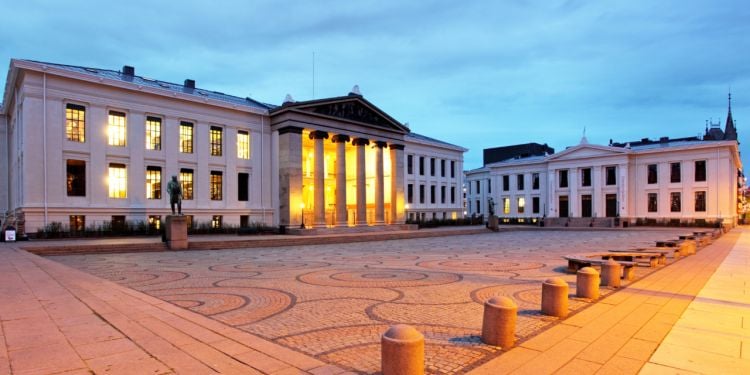Studying in Norway

International students choose Norway for a number of reasons. Apart from the quality of the Norwegian education system and the flexibility of teachers, the beautiful nature (that they can explore in their free time), the good balance between study/work and free time, as well as the equality and safety of society are some of the key factors that attract many international students every year.
Do you need a visa or permit?
If you're a Nordic or a EU-EEA citizen, you can study freely in Norway. All you need to do is register with a Norwegian school or university, and then register with the police ' check our article on Visas for Norway for more information.
Good to know:
Citizens of the EU-EEA can also benefit from the ERASMUS programme in Norway ' ERASMUS grants are also available to students. You can find more information about the ERASMUS programme and the ERASMUS grants directly through your home university or by visiting the European Commission website.
If you're coming from a country outside the EU-EEA, you will need a visa to enter the country, as well as a study permit (also called 'residence permit for studies') if you plan on staying for more than three months. The cost for the study permit is around 530 euros, and your selected place of study should be included on the list of approved universities on the Norwegian Agency for Quality Assurance in Education (NOKUT). You also need to prove that you can support yourself financially in order to study in Norway ' aka provide proof that you have a budget of at least 11,560 euros per year ' which may consist of student loans, grants, your own funds, or a combination of the three.
Good to know:
With your study permit, it is possible to work for up to 20 hours per week as a foreign student in Norway ' and full-time during the holidays.
Educational System, Institutions, & Fees
The country's higher education system consists of all the institutions and/or programmes that are accredited (you can find the comprehensive list in NOKUT's website): 7 universities, 9 specialised university institutions, 22 university colleges, and 2 national colleges of the arts. Apart from these institutions which are state-run, Norway also has several private institutions of higher education.
When it comes to process, Norway now follows the European standards (after a quality reform that took place in 2003) with a 3 2 3 degree system and a Bachelor's, Masters, and PhD. structure. The academic year runs from mid-August to mid-June, and courses are measured in 'studiepoeng'/ECTS credits. The full-time workload for one academic year is 60 studiepoeng.
Good to know:
In general, you don't have to pay tuition in order to study at a Norwegian higher education institution ' but certain professional education programmes or studies at private institutions may require a fee. You should check with the university you're interested in, to figure out what applies in your particular case.
How to apply/enroll
If you're a foreign student, the deadline for applications is between December 1st and March 15th, for courses that start on the following autumn. But some institutions have separate "pre-qualification" deadlines that need to be met before you apply, so you need to check with your institution of choice.
Good to know:
Based on your country of origin, the requirements may differ. Please check the GSU list (Higher Education Entrance Qualification list) on the NOKUT website to see what applies for you.
Useful links:









